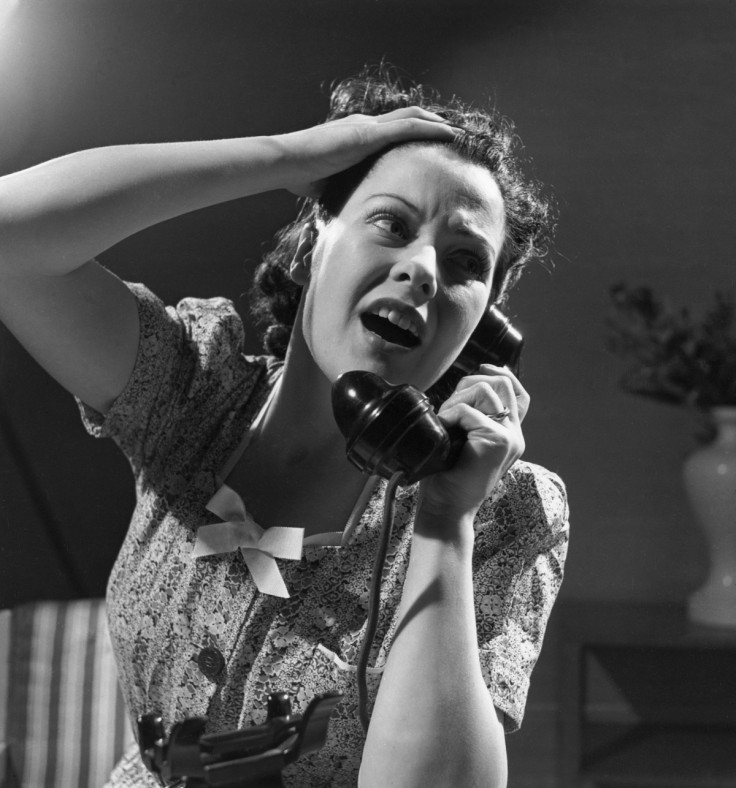Companies making cold calls in UK from withheld numbers face £2m fine

Britons can now rest safe in the knowledge that companies who cold call customers will be forced to display their telephone numbers. Companies violating the new law can be hit with a fine of up to £2m ($2.88m) from communications regulator Ofcom, and a further £500,000 from the Information Commissioner's Office (ICO) if they persist with making unwanted calls.
As of 16 May, firms that are registered in the UK will have to disclose their numbers when making unsolicited calls – even if their call centres are based overseas. The rationale behind the changes is to give people the option whether they want to take the call and it will also allow them to lodge formal complaints. Each month the ICO receives more than 14,000 complaints regarding nuisance calls.
Harmful nuisance
According to Ofcom Britons receive around 4.8bn nuisance calls, 1.5bn live sales calls, 1.5bn silent calls, 940m recorded sales messages and 200m abandoned calls annually. Baroness Neville-Rolfe, the minister in charge of data protection, said the new measure sends a "clear message" to firms and said government action was taken due to the "significant harm" that nuisance calls can send to the elderly and vulnerable members of society.
"The government is committed to tackling this problem, which is why we are making it easier for consumers to report companies by forcing them to display their phone numbers," Baroness Neville-Rolfe said.
"We are sending a clear message to rogue direct marketing companies. Nuisance calls are unacceptable and we will not hesitate to take action against the companies behind them."
Decisive intervention by the government was also welcomed by the ICO's head of enforcement, Steve Eckersley, who said the change would remove obstacles for the organisation.
"Any change that makes it easier for us to track down companies making nuisance calls is a change that will reduce the annoyance these calls cause," said Eckersley. "We do investigate unscrupulous companies who hide their identities, and we can track them down, but it certainly makes our job more difficult," he added. "When people are able to identify the number behind the call they have received they are more likely to complain and that means we are able to take action."
End for cold calls
Despite the cause for optimism, the Fair Telecoms Campaign warned that the new rules would not halt cold calling, saying the practice should be shut down as a whole. "It's absurd to think that seeing a number that you don't recognise is any different from not seeing any number at all," campaign member David Hickson was quoted as saying by the BBC.
"What they should be doing is taking action where they can to prohibit the whole practice of making unsolicited telephone calls and see that consumers have a good range of options on their telephone networks to help protect them from this nonsense," he added.
© Copyright IBTimes 2025. All rights reserved.






















